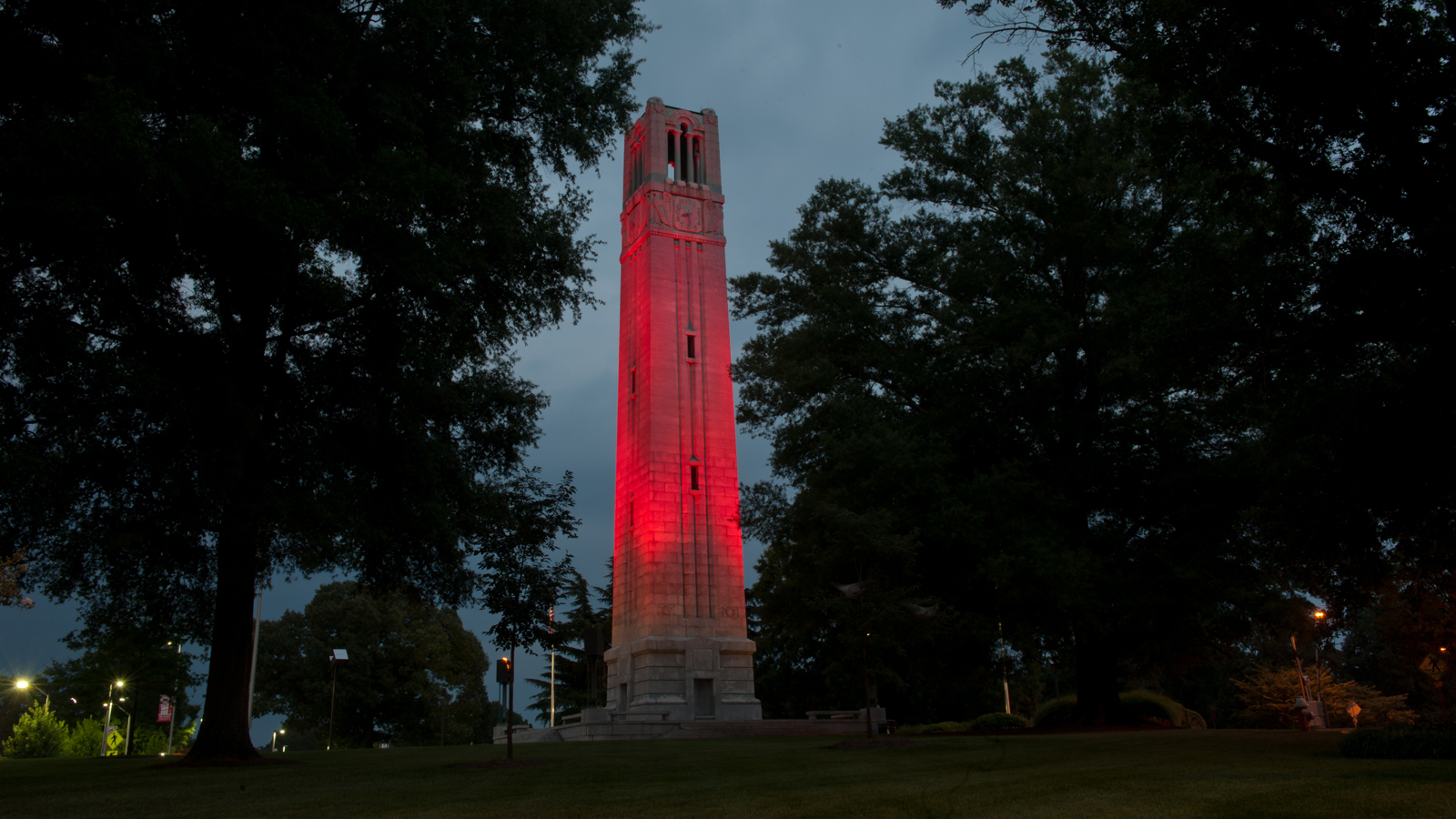Psychology Students Win Awards for Education, Family-based Research

At NC State, the boundaries that define collegiate-level learning stretch far beyond the classroom.
Senior psychology majors Rahma Hida and Ebony Leon have pursued their undergraduate research interests into the real world, not simply for the sake of their transcripts, but to answer important questions. Questions that matter.
Both students, who participate in the Initiative for Maximizing Student Diversity at NC State, recently received research awards for their respective projects at the 2015 Annual Biomedical Research Conference for Minority Students.

Working with NC State psychology professor John Begeny, Hida studied the impact of the Metropolitan Organization of Volunteers for Empowering Students (MOVES) program. MOVES, based in Raleigh, aims to place trained volunteers in schools that lack the resources to administer one-on-one help for struggling learners.
For her study, Hida looked at three aspects of the MOVES program: how accurately volunteers implemented reading and math interventions; volunteer satisfaction and perception; and student learning outcomes.
“In terms of implementation integrity and satisfaction, I found overwhelmingly positive results, with the majority of volunteers implementing the intervention with 100 percent accuracy,” Hida said. “Also, the volunteers expressed very positive feelings toward the program and were very involved, with most dedicating six hours a week to volunteering.”
The results for student learning outcomes were a bit more complicated, Hida said, as she found that researching reading and math interventions in their authentic settings has many challenges.
“What may seem like minor inconveniences such as snow days, bad moods, and the flu may serve as major factors that prevent us from accurately implementing the program and accurately assessing students’ growth,” Hida said. “However, we did find that 80 of 81 students expressed meaningful growth in the targeted area of intervention.”
Hida said she became interested in the research while helping implement HELPS programs at the Boys and Girls Club, YMCA and local schools. HELPS, or Helping Early Literacy with Practice Strategy, is one of several projects that stem from Begeny’s HELPS Education Fund, a reading intervention used by teachers across the nation.
Leon, who for the past three years has worked with psychology professor Amy Halberstadt in the Family, Affect, Beliefs and Behaviors (FABB) Lab, studied how mothers’ responses to their children’s emotions affect how much kids share with their moms.
For the study, about 200 moms answered questions about how they think about and respond to their third-grade children’s emotions. The kids also answered a questionnaire, which assessed how comfortable they were sharing feelings with their moms following an emotion-laden event.

“We found that children whose mothers were supportive, emotion-focused and problem-focused in their responses, were more willing to share their emotions with them,” Leon said. “However, no association between mothers’ non-supportive responses (punitive and minimizing) and children’s willingness to share was found.”
Another facet of the study looked at whether a child’s ability to physically recognize emotion increases or decreases their willingness to share things with their mothers. Using a measure of 20 adults’ facial expressions to test the kids’ recognition skills, Leon said they found no connection.
“I have worked on a variety of projects in the FABB Lab, but this one was of particular interest to me,” Leon said. “I want to gain a better understanding of parents’ emotion socialization strategies and its association with children’s emotional, behavioral, psychological and academic outcomes, across cultures.”
About 10 percent of the Department of Psychology’s undergraduate majors, or about 70 students, participate in research with faculty each semester, said Doug Gillan, department head and professor of psychology.
“Rahma Hida and Ebony Leon are two very successful students whose research as undergraduates is innovative and applicable to the real world,” Gillan said. “We anticipate that they will have wonderful careers in the science of psychology; they have certainly started out that way.”
- Categories:


